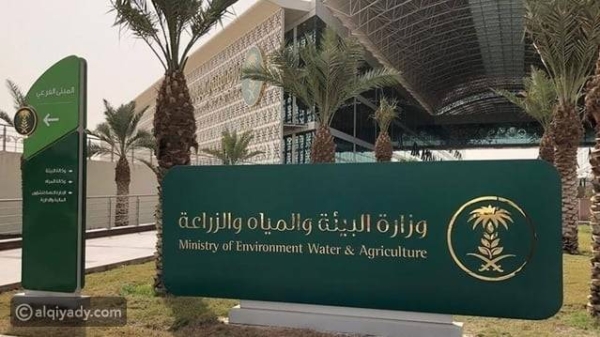The Ministry of Environment, Water and Agriculture in Saudi Arabia has identified a substantial investment gap in the agriculture and food sector, which is estimated to be around SR37 billion. This gap includes various projects related to plant and animal production, fishery resources, processing of agricultural products, and infrastructure development. This revelation was made during a dialogue session titled “Vision 2030 and the National Food Strategy: Future Challenges,” presented by Dr. Sulaiman AlKhateeb, Assistant Undersecretary for Agriculture, during the 41st Saudi Agricultural Exhibition in Riyadh. Dr. AlKhateeb emphasized the importance of the private sector in advancing the agricultural sector, achieving food security, and promoting economic, social, and environmental development for the sustainability of the sector.
One of the key areas where investments are needed is in plant production projects. There are opportunities for about SR4.1 billion in establishing integrated facilities for vegetable production and processing in greenhouses and open fields. This would target crops such as potatoes, tomatoes, strawberries, onions, and leafy vegetables. Additionally, there are opportunities for around SR2.1 billion in citrus and mango cultivation in shaded houses and open fields, as well as SR690 million for seedling production facilities. In the animal production and fisheries sectors, there is significant investment potential, with about SR8.9 billion allocated for intensive livestock breeding projects for red meat, and SR5.4 billion for poultry farming and waste utilization. Aquaculture projects for shrimp and algae are also expected to attract investments worth SR7 billion.
The processing and manufacturing of agricultural products also offer substantial opportunities for investment. There is an estimated SR8.1 billion opportunity for importing raw materials and manufacturing coffee products, cocoa and its preparations, and sugar. Additionally, investing in olive oil production and manufacturing is projected to provide around SR400 million in opportunities. Dr. AlKhateeb also highlighted the numerous investment prospects in infrastructure development projects to enhance the cold chain, transport agricultural products, and develop marketing service centers across Saudi Arabia.
To improve agricultural production, the Ministry has initiated several strategic measures. These include halting the cultivation of perennial fodder and transitioning to seasonal fodder, promoting intensive livestock breeding, localizing the production of strategic crop seeds, and increasing exports of fish products and vegetables from advanced greenhouses. These measures aim to enhance food security, promote sustainable agricultural practices, and support economic growth in the sector. Through strategic investments and initiatives, Saudi Arabia is working towards achieving its agricultural goals outlined in Vision 2030 and the National Food Strategy.
In conclusion, the Ministry of Environment, Water and Agriculture in Saudi Arabia has identified a significant investment gap in the agriculture and food sector, estimated at approximately SR37 billion. This includes projects related to plant and animal production, fishery resources, processing of agricultural products, and infrastructure development. Dr. AlKhateeb emphasized the importance of the private sector in advancing the agricultural sector, achieving food security, and promoting economic, social, and environmental development for the sustainability of the sector. Investments opportunities exist in plant production projects, animal production and fisheries sectors, processing and manufacturing of agricultural products, and infrastructure development. Strategic measures have been initiated to improve agricultural production, including transitioning to seasonal fodder, promoting intensive livestock breeding, localizing the production of strategic crop seeds, and increasing exports of fish products and vegetables. Through strategic investments and initiatives, Saudi Arabia is working towards achieving its agricultural goals outlined in Vision 2030 and the National Food Strategy.










